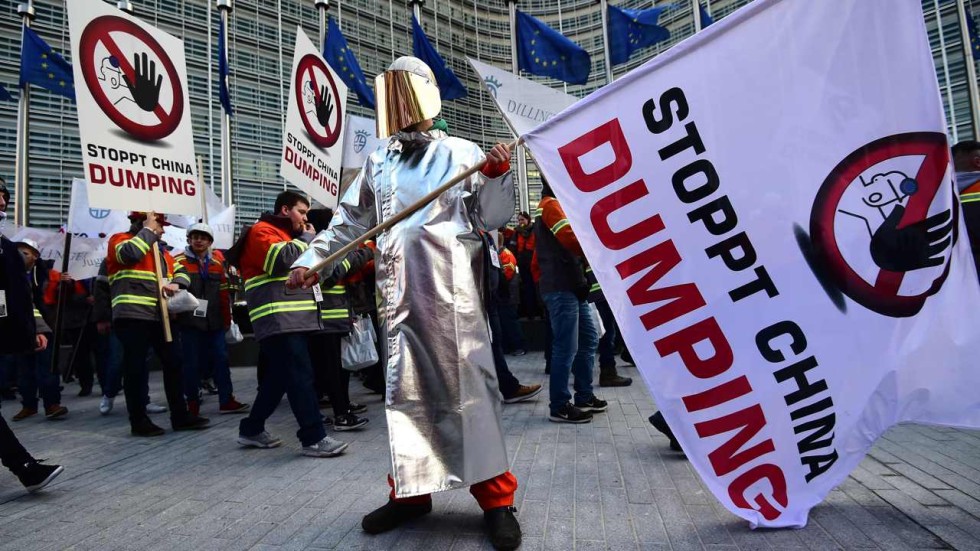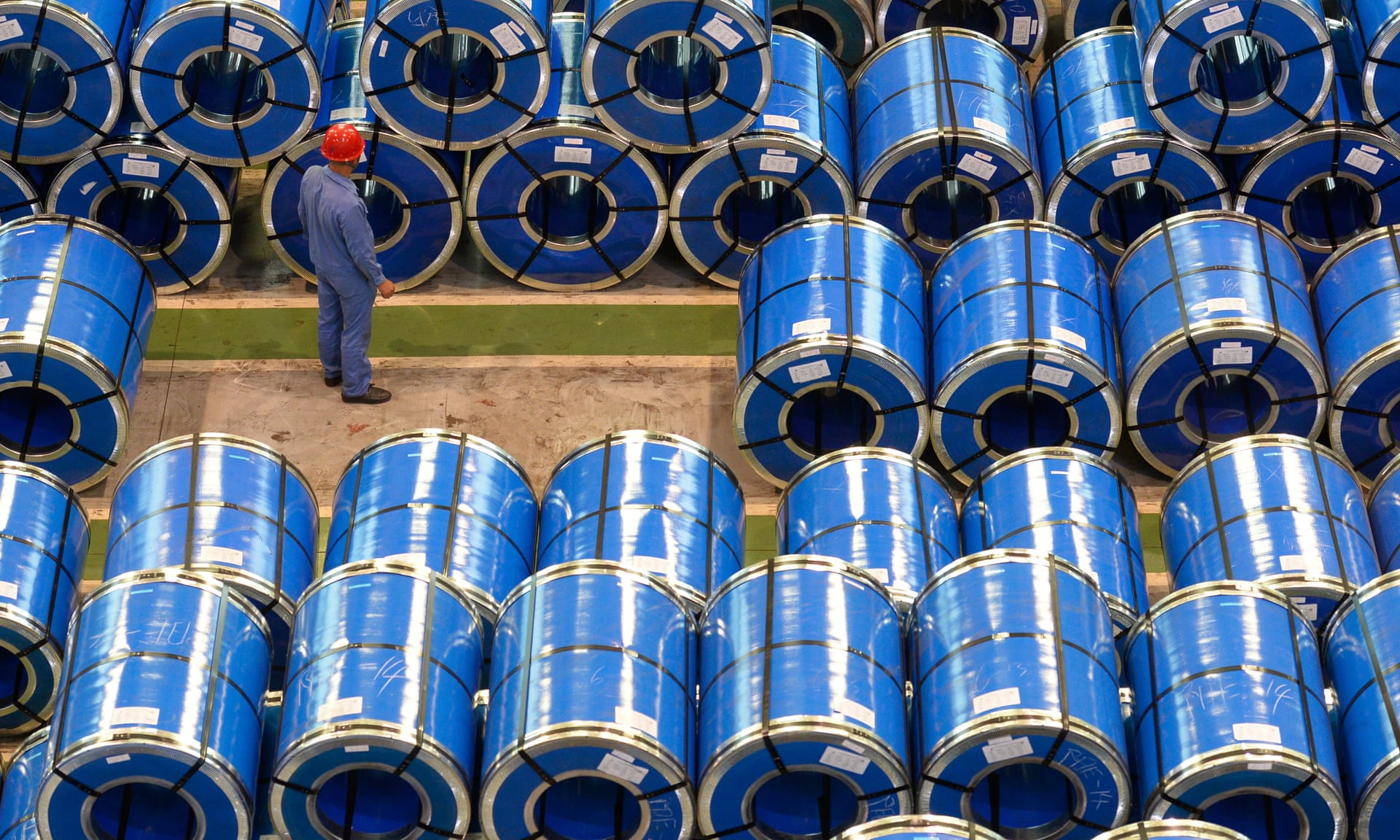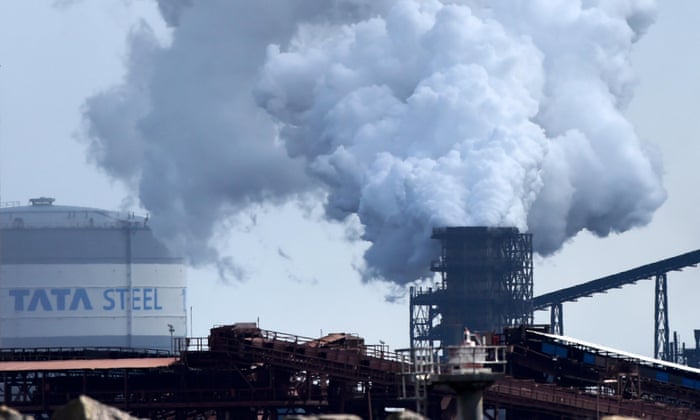China has maliciously dumped products to eliminate not only competitors but also entire industries, as it did in solar panels.
By Gordon G. Chang

Friday,
Shen Danyang, Commerce Ministry
spokesman, said Beijing will employ “necessary
measures” against World Trade Organization
members that do not treat China as a market
economy after December 11.
His country, he said, will “resolutely defend its
lawful rights and interests against the members who persist with the
‘surrogate country’ approach in their antidumping
investigations into Chinese products.”
China is legally entitled to be treated as a market
economy for antidumping purposes, but many
WTO members will not accord it such status.
Today is the 15 anniversary of China joining the
global trading body.
Its accession agreement
appears to provide that other members are
required to grant it MES, marketeconomy
status.
Having such status makes it more difficult to
prove that China has, for WTO purposes,
“dumped” its products in another country, in
other words, sold goods so that their price in the
importing market is below the price of those
same goods in China.
If China has MES, complaining nations must, for
purposes of determining the existence of
dumping, use China’s domestic prices when they
make the comparison with export prices.
If,
however, China does not have such status,
complainers can use prices in so-called surrogate
countries, countries other than China.
Prices in
those other countries are almost always higher
than China’s, making dumping allegations
against China relatively easy to prove.
Although technical arguments can be made to the
contrary, the better interpretation is that Article
15 of China’s accession protocol automatically
grants market economy status on the 15th
anniversary of its membership.
That is how other
nations in fact have read their obligations up to
now.
Now, however, China’s trading partners are
reading the accession protocol differently.
Japan,
last week, and the U.S., before then, have stated
they will not grant China market economy status.
As Commerce Secretary
Penny Pritzker told
Chinese officials last month, “it is not ripe for us
to change our protocols.”
The European Union is not as direct as Secretary
Pritzker.
It has devised a “country neutral” rule
that permits it to use third country prices for
antidumping purposes to counteract
subsidies
and other forms of state intervention.
Shen, not
surprisingly, said the new EU rules are
“disappointing.”
It is, in one sense, disappointing that major
trading nations are welshing on their
agreements.
If the international community
wants China to abide by its trade obligations,
other nations should abide by theirs.
As
Claude
Barfield of the American Enterprise Institute has
written, “a deal is a deal and should be honored.”
Yet there are, aside from arguments based on the
technical wording of China’s accession protocol,
good reasons for other nations to reconsider their
deal with China.
As
Robert Pittenger, Republican
Congressman from North Carolina, wrote on the
Fox News Opinion site, “
Why should we reward
anti-competitive practices?”
Virtually everybody 15 years ago thought China
would evolve into a market economy by now.
Almost nobody saw the rise of leaders like
Hu
Jintao and
Xi Jinping, economic nationalists,
who sought to close off the Chinese economy.
Xi, in particular, has used Beijing’s resources to
bolster state-owned enterprises as he has
pursued his “Chinese dream,” his signature
concept contemplating a China dominated by a
strong party-state.
His moves have resulted in
many
regressive trends including the market
playing less of a role in setting prices.
Most observers believe Beijing will take a case to
the WTO’s dispute resolution process if some
nation does not use China’s own prices in a
dumping case.
Chinese officials will feel
aggrieved that others are not honoring their
promises to China, but they should remember they have
routinely violated their WTO
obligations and forced others to go through the
WTO process, wasting years in the process.
They should also remember the Gordon G. Chang corollary
of
Confucius’s Golden Rule.
Confucius famously
said, “Do unto others as you would have them do
unto you,” and I say
“Others will do unto you
what you have done unto them.”
China has maliciously dumped products to eliminate not only competitors but also entire industries, as it did in solar panels.
The
Wall
Street Journal reports that Beijing is now going
after the
semiconductor and mobile phone
sectors.
And don’t forget
steel.
China has been
“pumping out” more of the product “than the
world wants or needs,” and that does not make
China look market-oriented.
The WTO is not a “suicide pact,” and countries
are not—and should not—allow China to
continue to game the system in such a
destructive matter.

One way or another, they will
protect their industries from increasingly
predatory behavior.
So what can other countries do?
They may force a
renegotiation of the WTO agreement, withdraw
from the pact altogether, or simply club China
into not complaining.
China’s trade partners, especially those running
deficits with Beijing, can do almost anything they
want.
Why?
As
George Friedman’s
Geopolitical
Futures tells us, “China must have access to U.S.
consumer markets, and
Donald Trump knows it.”
The president has already weighed in on the
market economy issue, saying China is not
one.
Moreover, last Thursday he accused the
Chinese of “product dumping.”
As he declared at
his rally in Des Moines, “
They haven’t played by
the rules, and I know it’s time they’re going to
start.”
“We are playing by the rules and you need to
keep your promise,”said Xue Rongjiu of China’s
State Council, speaking this month.
“It’s unfair to
blame China for your problems, which have
resulted from bad management and operations.”
No, Xue, our problems result
from your country’s bad behavior.
As evident in recent days, China’s major export
markets have just signaled their patience with
Beijing has run out.
Chinese officials can huff
and puff, but there is not much they can do when
others just refuse to buy their goods.
It’s called a trade war, and other nations are
beginning to recognize it exists and are starting
to respond.









